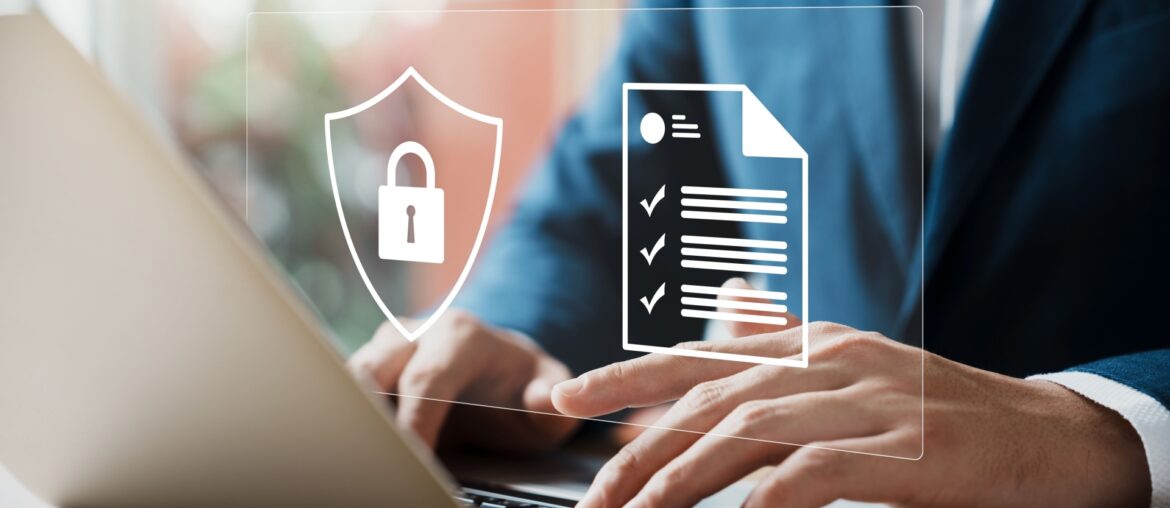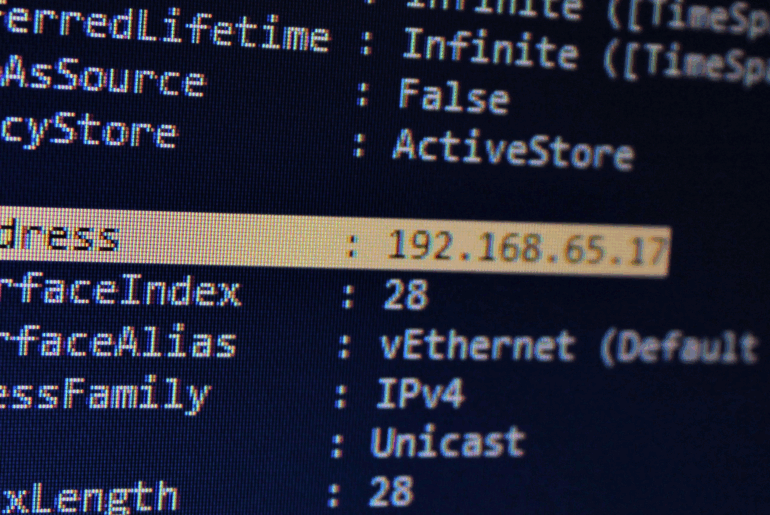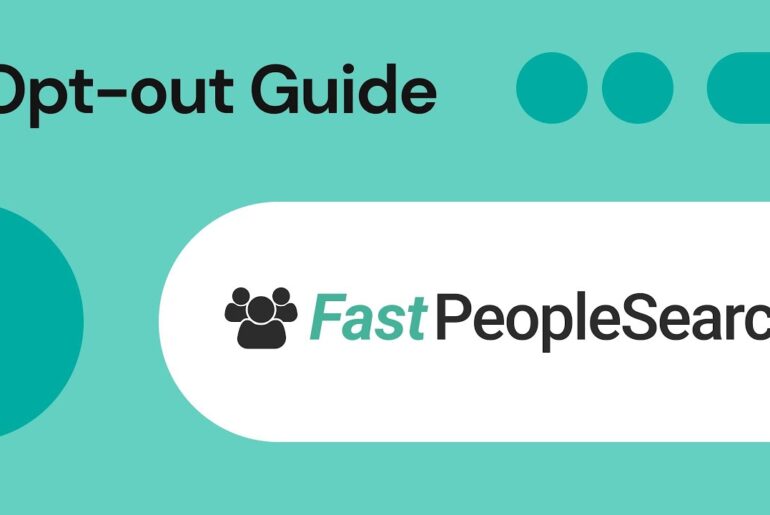Recent findings from the New Jersey Institute of Technology have shown that online attackers have begun utilizing a novel technique to eradicate the anonymity of Internet users across all major web browsers. This threat poses a serious risk, due primarily to the way that these attacks could give cybercriminals access to personal information through a user’s IP address. Online anonymity is an important step in securing your identity on the Internet, and these attacks can make it much easier for threat actors to obtain private data for use in identity theft cases. Today, we’ll show you how to maintain your privacy on any browser with a VPN, even in the face of ongoing threats.
What is a VPN?
A VPN, which stands for Virtual Private Network, is software that encrypts your Internet connection and re-routes your online traffic through a secure server that the VPN provider hosts. This encryption process masks your IP address and location, making it harder for third parties (like hackers, government agencies, or Internet Service Providers) to monitor your online activity. VPNs give users an extra layer of privacy, safety, and security, which is especially important when accessing public Wi-Fi networks.
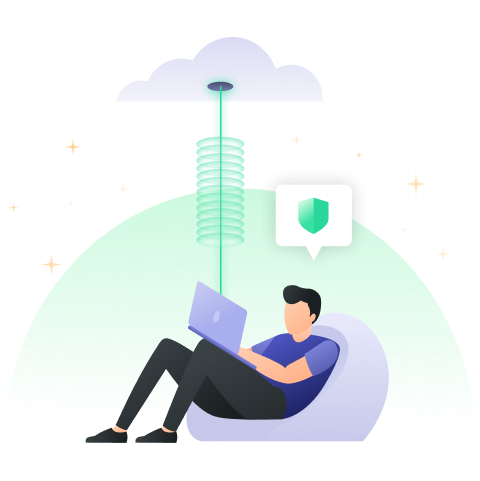
How VPNs Increase Your Privacy on Any Browser
Using a VPN on your personal devices, whether it’s a smartphone, tablet, computer, smart TV, or gaming console, provides an essential layer of protection against potential threats or invasive supervision by third parties. Let’s take a closer look at some of the ways that a powerful VPN can increase your privacy on any browser.
Encrypting Your Internet Connection
One of the main benefits of using a VPN on your personal devices is encryption. By encrypting your connection, VPNs prevent hackers, ISPs, and other third parties from tracking your online activities. This guarantees that your private information, like passwords and financial details, is securely protected from potential attacks. This also helps to prevent cases of identity theft.
Masking Your IP Address
Your IP address reveals your approximate location and can be used to track your online activity. When connecting to a VPN server, your personal IP address is replaced with that server’s IP address, which effectively hides both your identity and location. This makes it more difficult for websites and advertisers to track your activity online, boosting your privacy significantly.
Bypassing Restrictions
Many websites and streaming apps have built-in restrictions based on your location. You may have noticed this when attempting to access something like YouTube while at school or work and encountering a restriction on the local Wi-Fi network. With a VPN, you can navigate around these restrictions by connecting to a server in a different location, like one that is closer to where you live. This allows you to access your favorite streaming services and enjoy unrestricted browsing.
Preventing Online Tracking
Internet Service Providers (ISPs) typically track the online activity of their users. In some cases, they sell this data to advertisers or other third parties. By using a reliable VPN on all of your devices, you can restrict your ISP from tracking your browsing, which preserves your online privacy quickly and effectively.
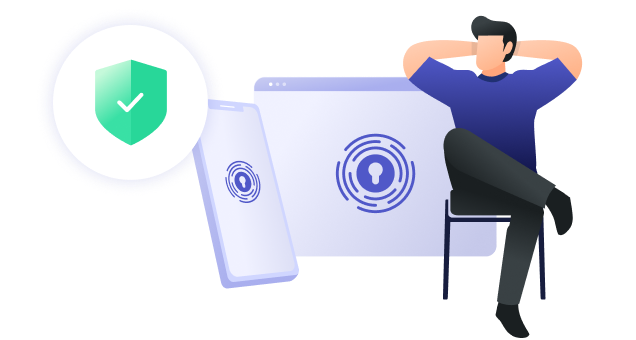
Important Tips for Maximizing Your Privacy with a VPN
Although using a VPN is a great way to ensure your privacy on any browser, there are a few ways to increase your privacy even more.
- Select a Top-Rated VPN Provider: When choosing a VPN, it’s important to look for a reputable provider with a notable record of protecting user privacy. If you’re in the market for a dependable VPN, you should look for features such as a zero-logs policy, strong encryption settings, and a large network of secure global servers.
- Turn On Incognito Mode While Using a VPN: Even though a VPN encrypts your connection, turning on incognito or private browsing mode on your browser can enhance your privacy even further by preventing your browser from storing your browsing history, cookies, and other temporary data that can be tied to your online activity.
- Frequently Update Your VPN Software: Ensuring that your VPN software is up to date guarantees that you have the latest features and security patches, which are necessary to your online privacy. These updates typically include software enhancements that can improve the overall security, safety, and privacy that the VPN service offers.
- Enable Your Kill Switch: If you’ve never heard of it before, a kill switch is an important feature that automatically disconnects your device from the internet if your VPN connection drops unexpectedly. This feature prevents your private data from being exposed to third parties in the event of a disconnected VPN and is especially helpful in preserving your online privacy.
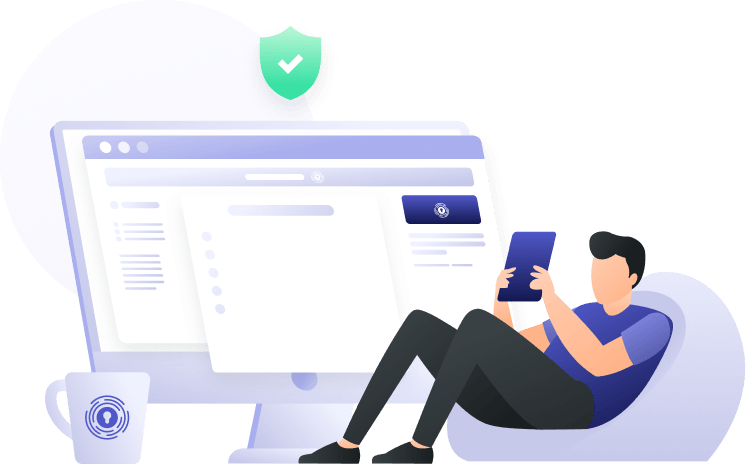
Get Premium Privacy on Any Browser with PrivadoVPN
PrivadoVPN offers enhanced security features and advanced privacy on any browser thanks to the world’s best encryption, secure global servers, and a variety of other incredible settings made to give you the best possible online experience. With threat protection to secure your device against malware and a built-in ad-blocker tool to help you get rid of pop-ups, you can rely on PrivadoVPN to deliver world-class service and privacy.
Give yourself the gift of high-quality protection and security today with PrivadoVPN.
Download PrivadoVPN
Protect your privacy with a world-class VPN. Sign up for premium access to PrivadoVPN and get unlimited monthly data, access to 300+ servers from around the world, and up to 10 simultaneous connections. Get a top-rated VPN that can secure your privacy at home, at work, or on the go.
Sign up for PrivadoVPN today!

